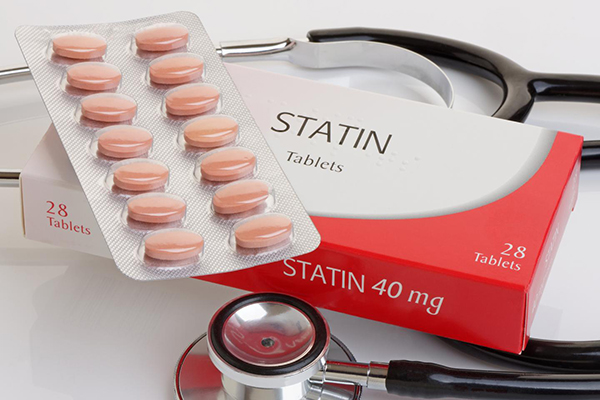Researchers at the Intermountain Medical Center Heart Institute in Salt Lake say that patients who have had a previous heart attack or stroke have better outcomes when cholesterol-lowering medications are used after they're discharged from the hospital.
The team looked at more than 62,000 records of patients from the Intermountain Healthcare system between 1999 and 2013 who survived an initial atherosclerotic cardiovascular disease event. They were then followed for three years, or until death, to identify the effectiveness of statin use prescribed at the time of their discharge. Details of the study are being presented today at the American Heart Association Scientific Sessions in Anaheim, CA.
“Patients who were prescribed a statin medication following an initial heart attack or stroke reduced their risk of a future adverse event such as a future heart attack, stroke, revascularization, or death, by almost 25%—the rate dropped from 34% to 26%,” said Jeffrey L. Anderson, M.D., cardiovascular researcher at the Intermountain Medical Center Heart Institute. “The patients who were discharged on what's considered a high-intensity dose of a statin saw a 21% reduction in their risk than those discharged on a low-intensity statin dose.”
The scientists, who found that 30% of patients in the study who were discharged from the hospital following a heart attack or stroke weren't prescribed a statin, which led to worse outcomes for those patients, also discovered that only 13% of patients were given a high-intensity dose of statins, but noted that patients on those higher doses experienced fewer heart attacks or strokes. For those under 76 years of age, a high-intensity statin is indicated by American Heart Association guidelines, yet only 17.7% of these patients in the study were discharged on a high-intensity dose.
“In a real-world clinical setting, we noted that patients who'd just experienced a major cardiovascular event weren't always prescribed a statin, and others didn't have doses that were high enough to provide optimal outcomes,” said Dr. Anderson. “The key takeaway for clinicians and patients is that statins work, and routinely prescribing a statin and the optimal dose for the patient will help improve outcomes by lowering risk of a repeat heart attack, stroke, or revascularization procedure, such as a stent or bypass surgery.”


